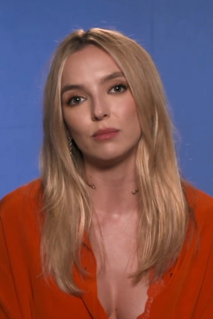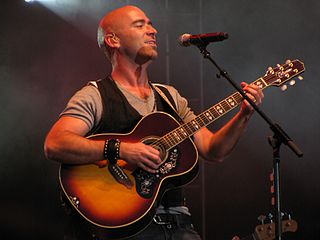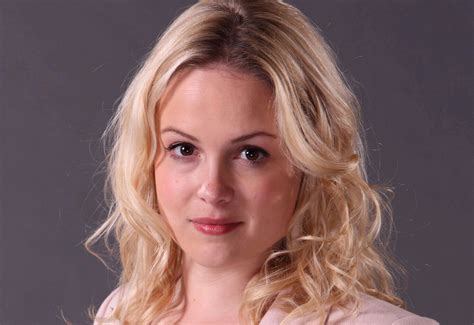A Quote by Jodie Comer
To read a piece of material from a period drama told from the woman's perspective is just so unique.
Related Quotes
The Nineties was such an incredible period. There was this real sense of community and such a uniqueness to it. There were unique personalities, unique bands, unique lyrical takes. A lot of artistic expression. It was this real renaissance that was exciting to be a part of. It's hard to not look back on that period and say, "Yeah, it was crazy. But it was crazy good."
In my last year of drama school, I was Abigail in 'The Crucible' and Nina in 'The Seagull,' and I did some Shakespeare with the RSC. That's what casting directors saw me in, and I got put up for a lot of period drama auditions. I always get told I suit the costumes. I don't think I have a very modern-looking face.
Frankly, Django is an American story that needs to be told, when you think of slavery existing in this country for 245 years. In slave narratives there were all types of tales and drama and heroism and pain and love that happened during that time. That's rich material for drama! Everyone complains that there are no new stories left to tell. Not true, there are a whole bunch of them, and they're all American with a capital A.
Directing is a reactionary job more than a creation job. The job is to react whether it's moment one, the first time you read the script or see an article or read a book or notice something happen on the street and have an idea for a movie, and it just continues from there on in. You're just reacting to dialogue, a performance, an audition, a headache, a piece of furniture, a piece of clothing.
A mother has a unique perspective. Nobody sees the life of the child the way the child’s mother does—not even the father. This is Mary’s perspective of Jesus life. It seems to me that every genuine Christian, not just Catholics, should be interested in that perspective—and not just interested, but fascinated. In the rosary we ponder the life of Jesus through the eyes of his mother. This is an incredibly powerful experience if we enter into it fully




































